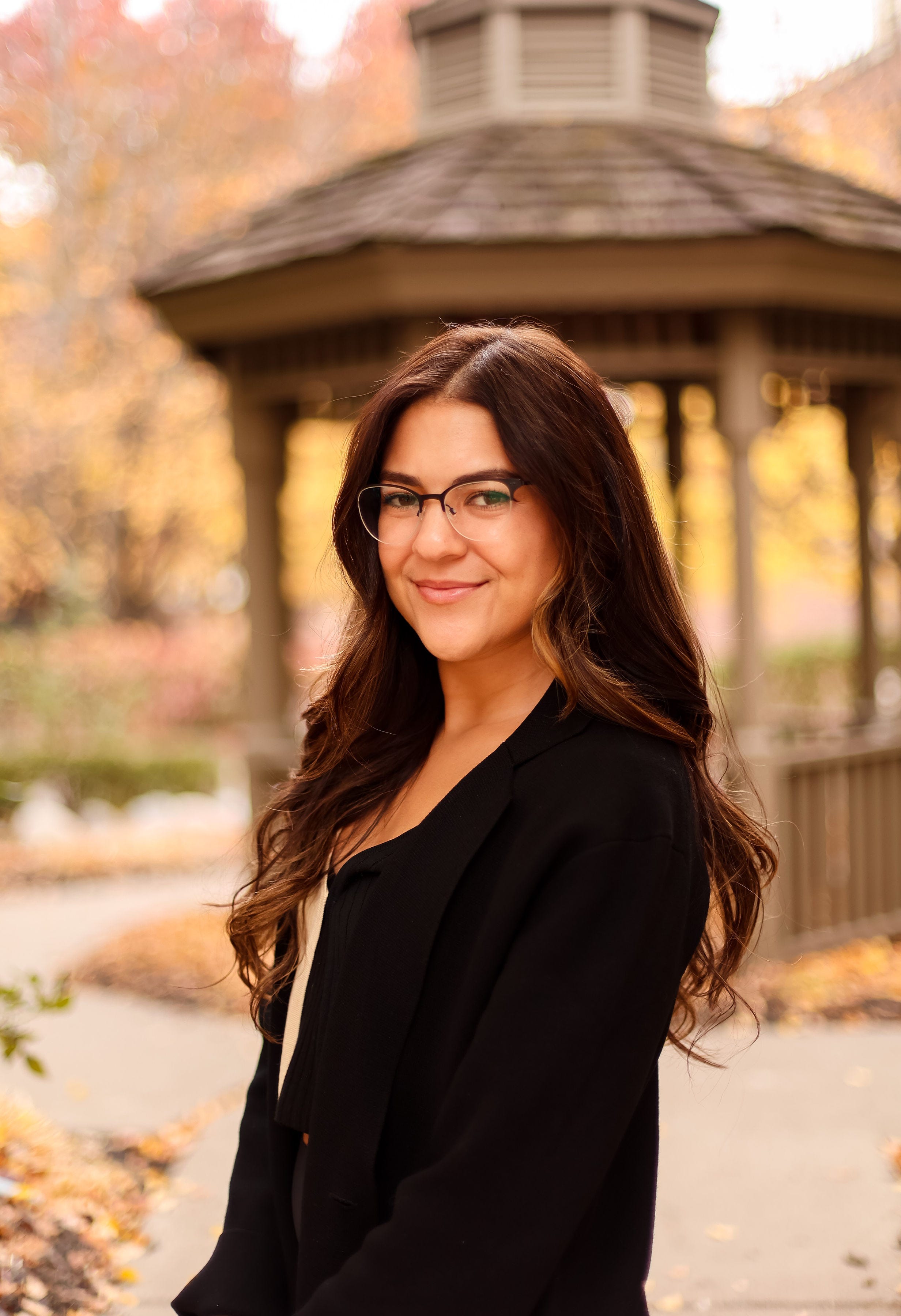Official: Identifying infant remains could take months
 Sarah Rahal
Sarah RahalDetroit — The Wayne County medical examiner said Tuesday it "could take weeks or months" to identify the remains of 11 infants found last week in the former Cantrell Funeral Home.
The medical examiner is working with local and state officials to identify the bodies, 10 of which are fetuses, discovered Friday in the ceiling of the shuttered funeral home at 10400 Mack Ave.
Due to the conditions of the remains, the best way to positively identify them would be through records, said Dr. Carl Schmidt, Wayne County's chief medical examiner.
"The fact that these remains reached a funeral home means there should be a record somewhere that can help lead us to identifying information,” said Schmidt.
Schmidt said most of the remains have labels from hospitals that may match funeral or hospital records; however, identifying the remains in mummified condition could depend on finding records.
Funeral homes typically have paperwork associated with any bodies they receive, he said, and if paperwork is found, the medical examiner's office will try to match each infant to the appropriate set of records to confirm identity.
“Most of the fetuses have some kind of identifying label from a hospital that we are hoping can help lead us to a positive identification,” said Schmidt. “The identification process will primarily rely on matching fetuses to funeral home paperwork or to medical records. We are working as quickly as possible, but the process could take weeks or months, depending on the information in the records, if they exist at all.”
An anonymous letter led inspectors from the Michigan Department of Licensing and Regulatory Affairs to the funeral home, where they found the 11 bodies.
The bodies were stashed in a closet crawlspace hidden between the first and second floors. Nine bodies were in a cardboard box, and two were in a small white casket, individually wrapped. Some were embalmed and others mummified.
Watch: Detroit former funeral home owner reveals where 11 infant bodies were found
"When they brought the bodies out, I could see one of the facial features of the baby and it was sad," said Naveed Syed, the building's owner and CEO of Quality Behavioral Health Services, a nonprofit addiction treatment center and counseling services. "There was no smell, but the bodies were decomposed and wrapped up ... Seeing small babies, that's traumatic for anyone no matter how strong you think you are."
Detroit police launched a criminal investigation into a funeral home on Monday, stating some of the fetuses were likely hidden in the building since October 2017.
Suit alleges burial fraud
A lawsuit filed Tuesday in Wayne County Circuit Court accuses Cantrell Funeral Home of giving Katherleen Bonner an "unknown substance" in place of her husband's remains in April.
Bonner hired Cantrell Funeral Home on Jan. 9 to handle funeral arrangements for her husband, Drewery Bonner, the suit says. On Jan. 23, Cantrell's employees told Bonner her husband's body was unfit for an open-casket funeral, according to the lawsuit.
Bonner claims her husband's body was allegedly cremated on April 16.
On April 25, Bonner saw a news article reporting Cantrell Funeral Home had been shut down by LARA for operating under unlawful and unsanitary practices, which included storing bodies in an unrefrigerated garage.
She believes the cremated remains she received from the funeral home "were not in fact his remains, but some other unknown substance," according to the lawsuit.
Her lawyer, Vince Colella, said Bonner felt betrayed and angry once she saw the news article and had to file the suit, which seeks $1 million in damages.
"She was told her husband's body was too badly decomposed and was then convinced by employees to cremate his body and didn't have the opportunity to have a funeral," said Colella. "The family was robbed and deprived of their opportunity to mourn his death and celebrate his life."
Colella said his client is left to wonder whether the remains she received might be those of her husband.
"Unfortunately, research studies show that once a body undergoes high heat during cremation, the DNA doesn't survive intact. So, she may never know," said Colella. "The case isn't centered around that, but rather the funeral home's negligence and fraud of improperly storing the body and that will be up to a jury to decide."
Former funeral home owner Raymond Cantrell II, who lives in Alabama, has not responded to phone calls seeking comment.
srahal@detroitnews.com
Twitter: @SarahRahal_